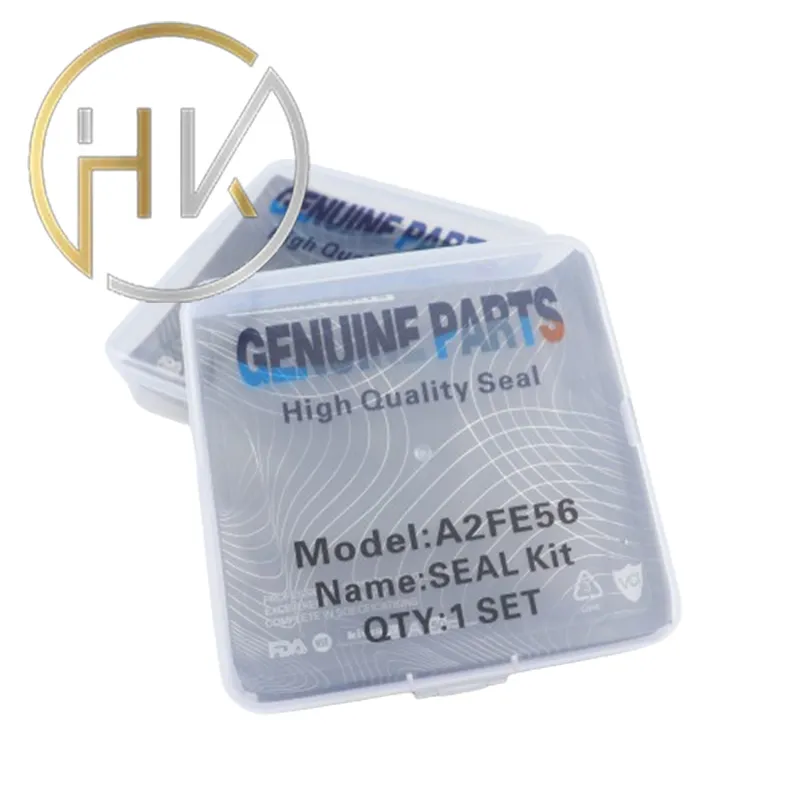јул . 27, 2024 15:09 Back to list
Understanding the Importance and Applications of Radial Shaft Seals in Mechanical Systems
Understanding Radial Shaft Seals Essential Components for Machinery Efficiency
Radial shaft seals, also known as rotary shaft seals or lip seals, play a crucial role in various mechanical systems by preventing fluid leakage and protecting internal components from contamination. These seals are designed to fit around rotating shafts, providing a barrier that maintains the integrity of lubricants while keeping out dust, dirt, and other external pollutants. Their application is widespread, spanning industries from automotive to manufacturing and aerospace, making their understanding vital for engineers and maintenance professionals alike.
Structure and Function
A typical radial shaft seal consists of several components a rubber or elastomeric sealing lip, a stiffener ring, and in some cases, a spring that enhances the sealing effectiveness. The sealing lip is the primary contact point with the shaft, and its flexibility allows it to adapt to minor variations in shaft alignment or surface conditions. The stiffener ring, made from materials like metal or plastic, supports the seal's structure and helps maintain its shape during operation. The spring, if present, exerts a constant force against the lip, ensuring a tight seal even as the shaft rotates.
The primary function of radial shaft seals is to retain lubricants, thus allowing machinery to operate smoothly and efficiently
. They are particularly important in high-speed applications where the risk of leakage increases due to centrifugal forces. Furthermore, by acting as barriers against contaminants, these seals prolong the life of lubricants and reduce wear and tear on critical components.Applications
Radial shaft seals are ubiquitous in various machines, including pumps, motors, gearboxes, and hydraulic systems. For example, in automotive applications, these seals prevent engine oil from leaking out of the crankshaft and keep dirt and moisture from entering, which could cause serious damage over time. In hydraulic systems, they are employed to seal the pistons in hydraulic cylinders, ensuring optimal performance and safety.
radial shaft seals

The versatility of radial shaft seals allows them to be used in both static and dynamic applications. They can be engineered to meet specific requirements related to speed, pressure, and temperature, making them adaptable for a range of environmental conditions. Innovations in material science have led to the development of seals that can withstand extreme conditions, such as high temperatures and aggressive chemicals, broadening their applicability in modern machinery.
Selection and Maintenance
Choosing the right radial shaft seal is crucial for optimal performance. Factors to consider include the seal’s material compatibility with the fluids it will encounter, the size of the shaft, and the operating conditions such as temperature, pressure, and speed. It is often beneficial to consult manufacturers’ specifications and guidelines to identify the best seal for a particular application.
Regular maintenance and inspection of radial shaft seals are equally important in preventing failures and extending the life of equipment. Signs of wear, such as excessive leakage or damage to the sealing lip, indicate that it may be time to replace the seal. Implementing proactive maintenance practices can notably reduce downtime and maintenance costs.
Conclusion
In conclusion, radial shaft seals are integral to the performance and longevity of a wide range of machinery. Their ability to retain lubricants and block contaminants makes them indispensable components that contribute to the efficiency and reliability of rotating equipment. By understanding their construction, applications, and maintenance, professionals can ensure optimal operation and performance in various industrial contexts. As technology advances, the development of even more robust and efficient sealing solutions will continue to enhance the effectiveness of machinery across all sectors.
-
The Trans-formative Journey of Wheel Hub Oil Seals
NewsJun.06,2025
-
Graphene-Enhanced Oil Seals: Revolutionizing High-Pressure Oil Sealing
NewsJun.06,2025
-
Future of Hydraulic Sealing: Advanced Intelligent TCN Oil Seals
NewsJun.06,2025
-
Don’t Let a Broken TCV Oil Seal Ruin Your Day
NewsJun.06,2025
-
Bio-Inspired Dust Seals for Better Sealing Performance
NewsJun.06,2025
-
Biodegradable and Sustainable Hydraulic Seal Materials
NewsJun.06,2025
-
Top Oil Seal Solutions for Your Industrial Needs
NewsMay.22,2025
Products categories
















